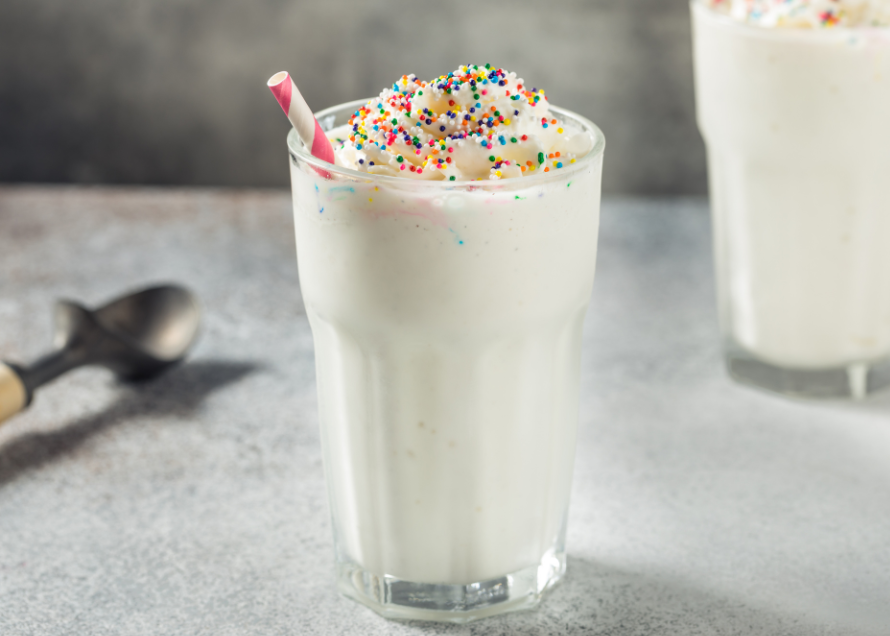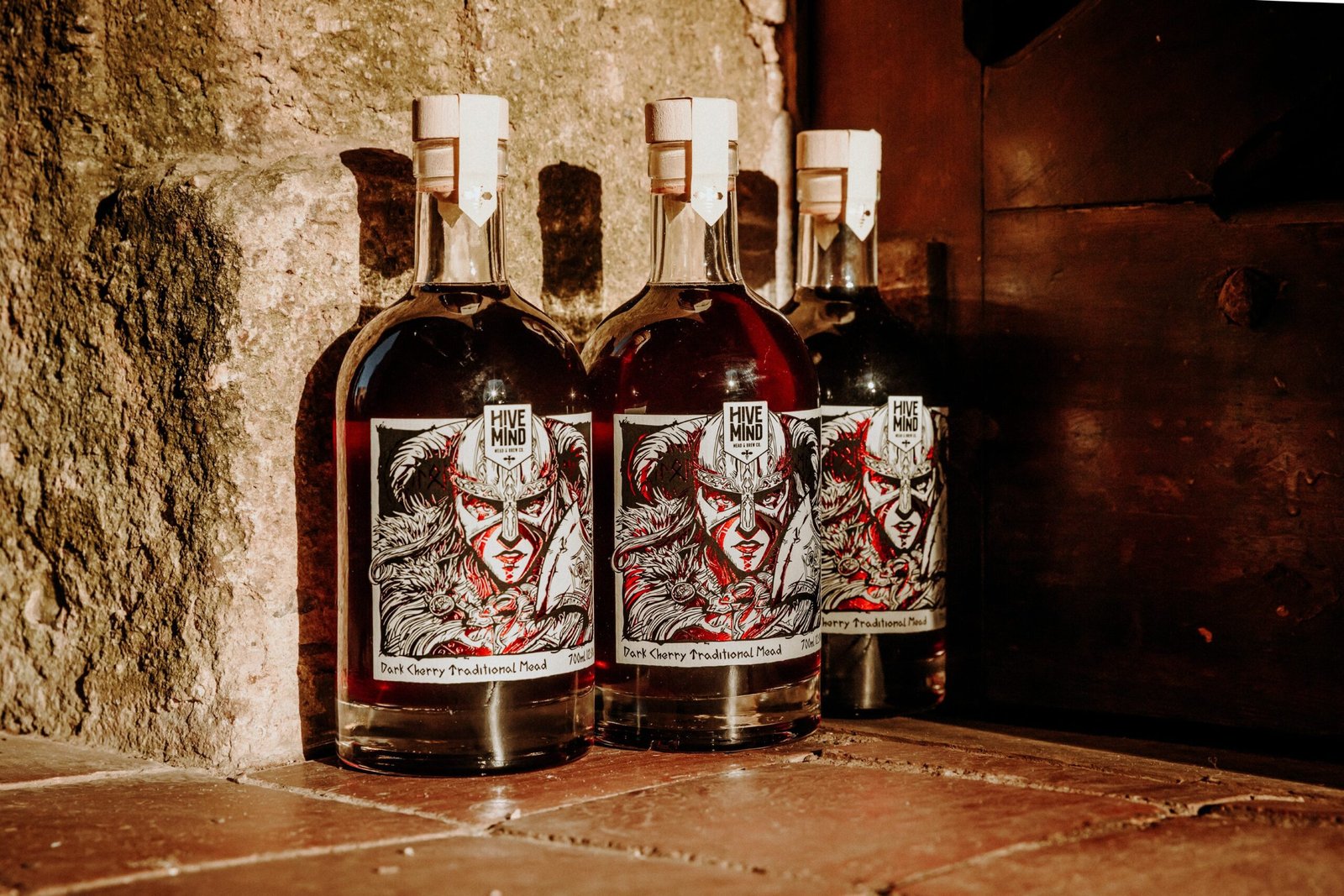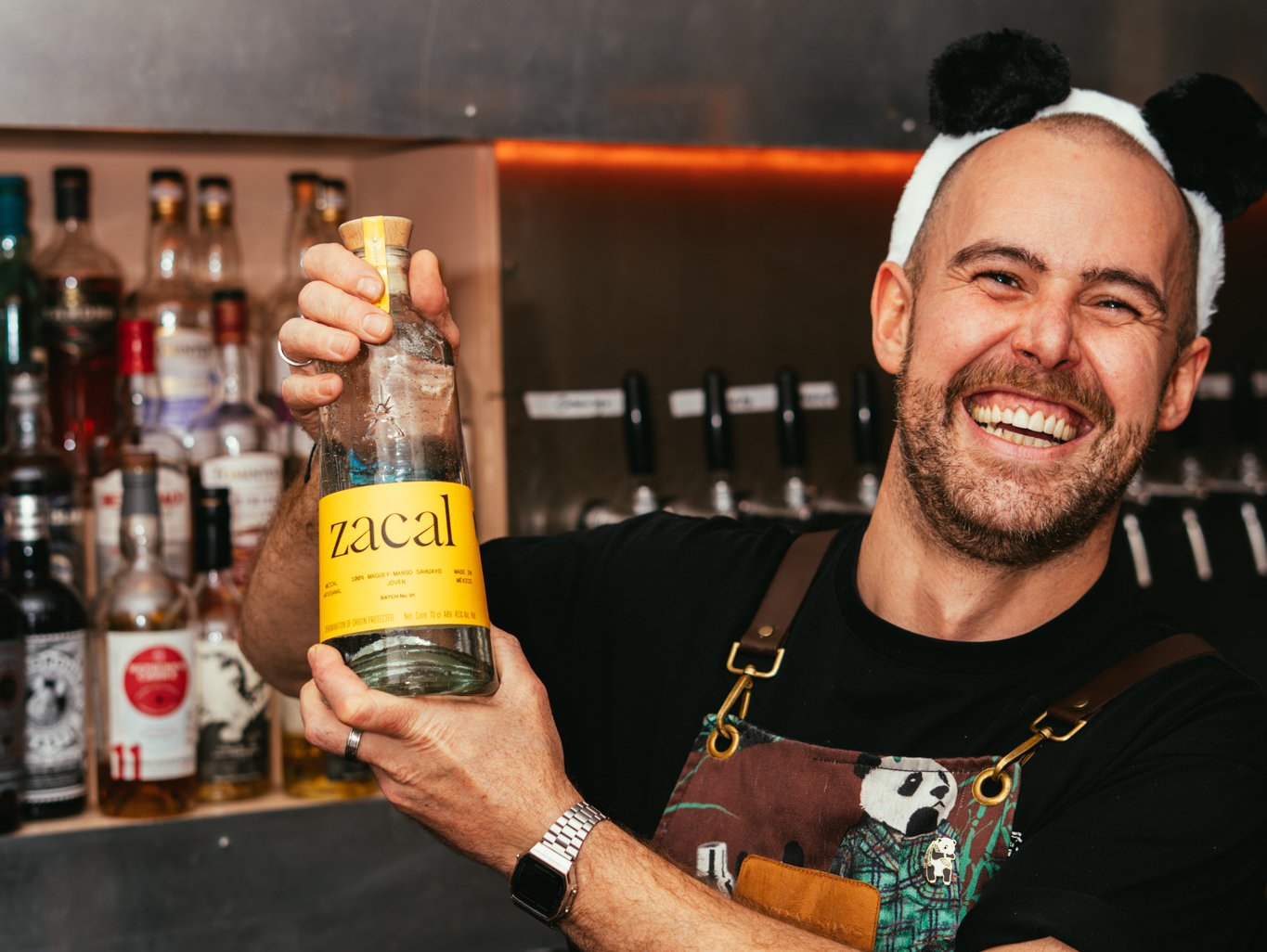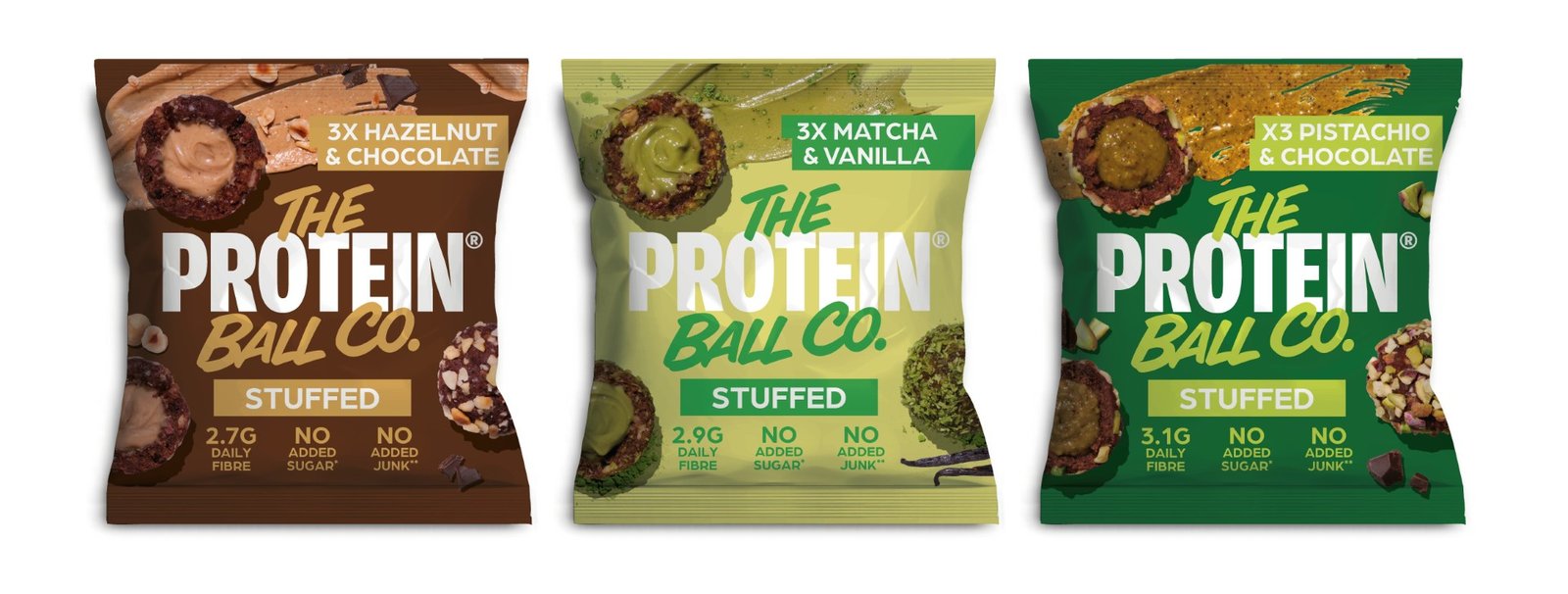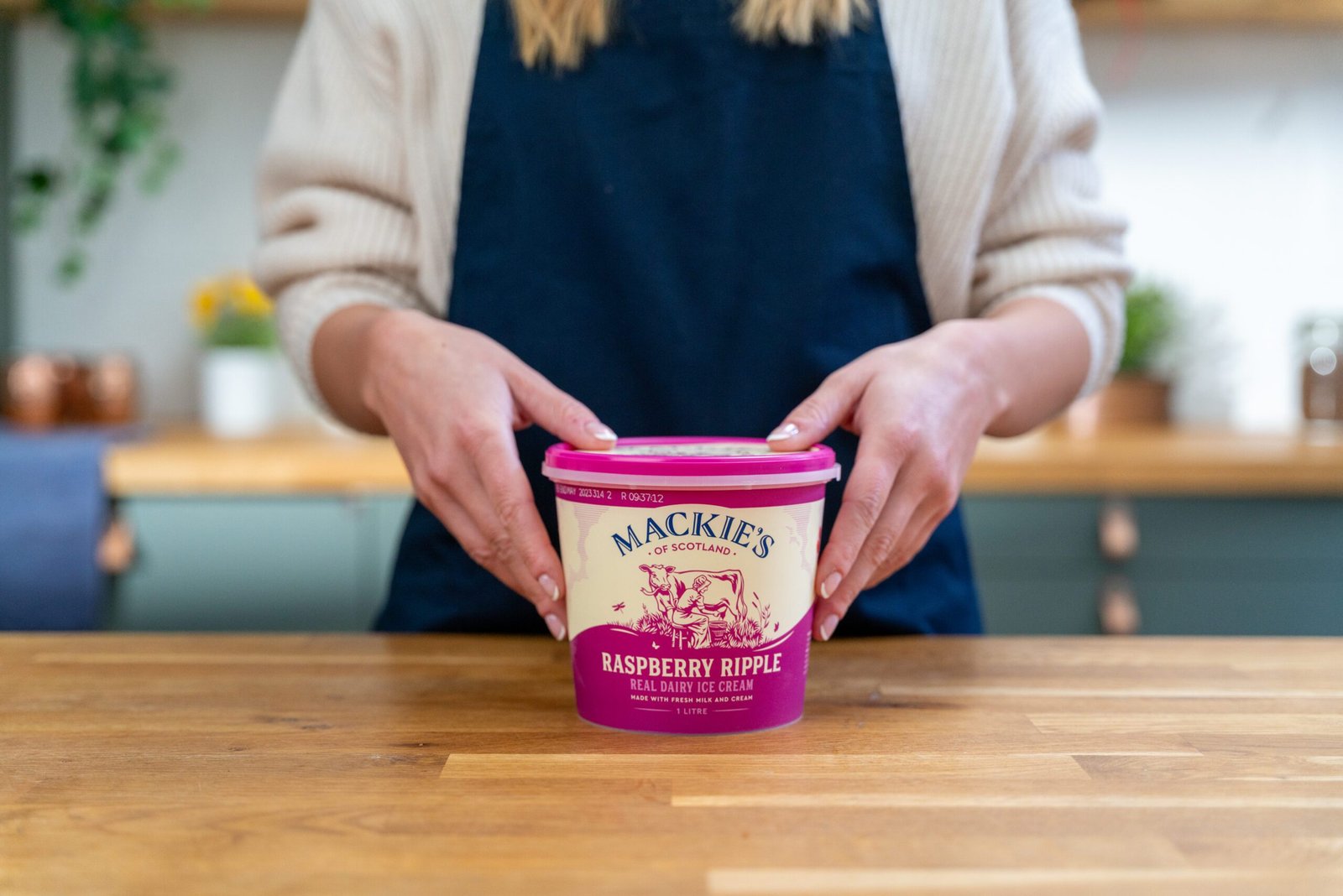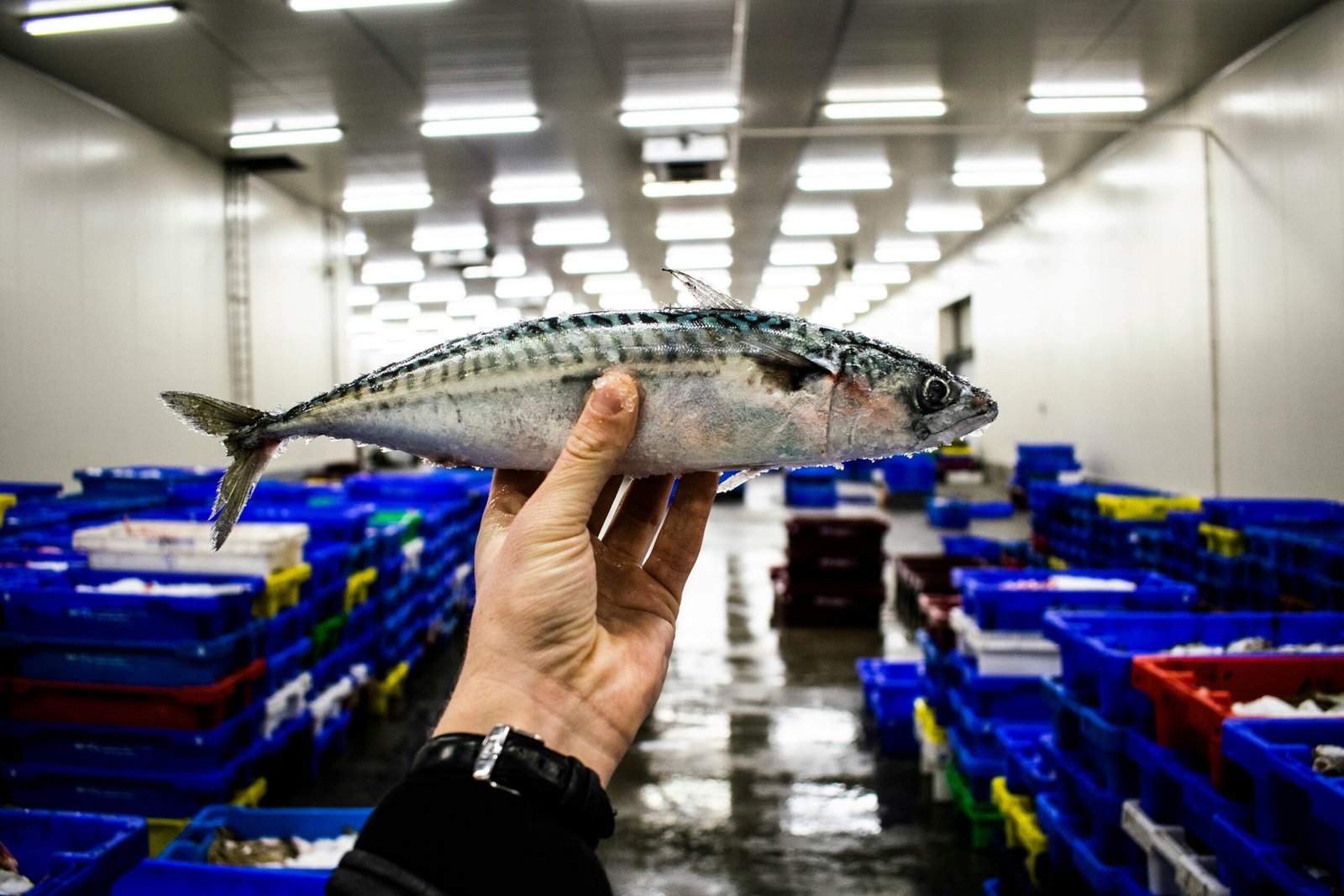The UK government has announced a decisive extension of the Soft Drinks Industry Levy, bringing a wider array of high-sugar drinks – particularly milk-based and milk-alternative beverages – within the scope of the tax. The move aims to cut millions of calories from the nation’s daily intake and give every child a healthier start to life.
From 2028, supermarket milkshakes, flavoured milks, sweetened yoghurt drinks, chocolate milk, and ready-to-drink coffees containing added sugar will be subjected to the expanded levy, unless manufacturers reformulate their products to meet the new, lower sugar threshold of 4.5g per 100ml. Companies now have until January 2028 to make these changes, or they face the charge – a move expected to generate £1 billion in health and economic benefits for the UK.
Health and Social Care Secretary Wes Streeting stressed that the extension is part of a broader mission to raise the healthiest generation of children yet, particularly benefitting those from disadvantaged backgrounds. The levy has already driven dramatic reductions in sugar in drinks covered, with almost a 50% decrease in average content since its introduction. Meanwhile, plain and unsweetened milk or milk-alternatives will remain exempt, focusing the tax squarely on products critics say have slipped through the net despite containing as much sugar as fizzy drinks.
The health impact of high-sugar beverages is clear, with conditions such as obesity, dental decay, and type 2 diabetes on the rise. The UK currently faces one of the highest adult obesity rates in Europe, at a substantial cost to the NHS. Alongside other government measures – such as tighter restrictions on junk food advertising and a ban on sales of high-caffeine energy drinks to under-16s – the levy aims to curb these trends and reduce pressure on the health service.
In a statement, an FDF Spokesperson, said: “We’re pleased the government has listened to industry and decided to make the changes to the Soft Drinks Industry Levy that it announced today. The new proposals take into account the costly and technically complex work that companies have to do to bring healthier products to market, and go some way to protecting the investment companies are making to help people follow healthier diets.
You Might Also Like:
“Drinks manufacturers will continue conversations with government to ensure we have the right conditions to keep investing in healthier product innovation in the UK, even while the rate of food inflation continues to run so high. Government support and partnership to ensure industry has the R&D investment it needs for healthier product development would help food and drink companies move further and faster.”
Early evidence shows the existing levy has not hampered business growth; instead, drinks sales rose 13.5% by volume between 2015 and 2024, demonstrating strong public support for healthier options. As the government urges the industry to reformulate, the extended levy is expected to prevent thousands of obesity cases each year, reduce hospital admissions for young children with tooth decay, and deliver significant savings to the public purse and economy overall.

